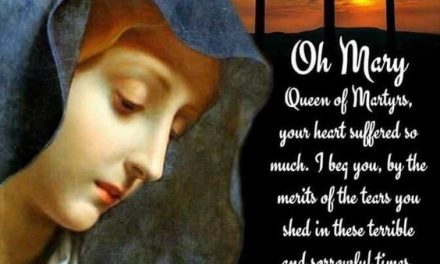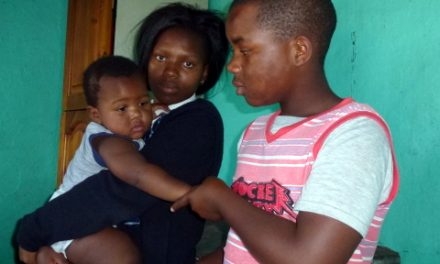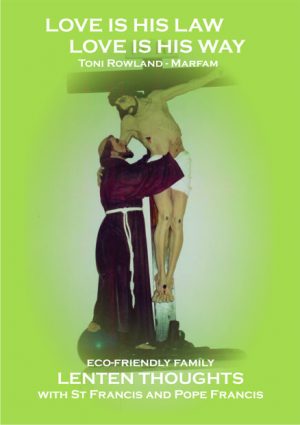December 25. Christmas Day Today.. St Francis came to the cave at Greccio with his brothers and with the local people they crowded into the cave to celebrate Christmas with great rejoicing. A priest began the Mass. St Francis read the gospel and preached the sermon. His biographer, Thomas of Celano, writes: “The saint of God stood before the manger, uttering sighs, overcome with love and filled with a wonderful happiness….He sang the Gospel in a clear and sonorous voice, inviting all to the highest rewards. Then he preached to the people standing about and spoke charming words concerning the birth of the poor King, and the little town of Bethlehem….When he spoke the name ‘Child of Bethlehem’ or ‘Jesus,’ his tongue licked his lips, relishing and savoring the sweetness of the words.”
Francis observed this birthday of the child Jesus with inexpressible eagerness over all other feasts, saying, ‘It is the feast of feasts, on which God, having become a tiny infant, clung to human breasts. ”A tradition tells us that while Francis was preaching with deep feeling about God’s love, the child Jesus appeared and rested in Francis’ arms. Witnesses among the crowd that gathered reported that Francis had included a carved doll which was seen to come to life. Another reported that the doll cried tears of joy and “seemed to be awakened from sleep when the blessed Father Francis embraced Him in both arms.” This miracle of the crying doll moved all who were present, and it is written too that Francis made another miracle happen, too: the hay that the child lay in healed sick animals and protected people from disease.
Imagine St Francis today. He would smile at our nice varnished cribs, although he would bless any home that has one. Probably he would prefer those set up outdoors with live animals. And if he were to stand by one and preach today, he might say something like this: “Look deeper than this pleasant scene. See your God become your food for eternity in a feeding place for animals. See the simple bands wound around the helpless baby, not the embroidered dress. See a man and woman wearing the clothes of the poor. See and smell the animals. Feel the cold and dirt of the cave, lighted only by a little fire. And adore your God, who took a human heart that could know the greatest love and the sharpest pain, arms that could embrace the sinners, the neurotics, the lepers, and hands that could touch cheeks running with tears, and be pierced with nails. Adore your poor and humble God.”
Teilhard de Chardin, a priest, paleontologist and a modern mystic preached one Christmas during WWII, and said, “Since Christ was born and ceased to grow, and died, everything has continued in motion because he has not yet attained the fullness of his form. He has not gathered about him the last folds of the garment of flesh and love woven for him by his faithful. The Mystical Christ has not reached the peak of his growth…and it is in the continuation of this engendering that there lies the ultimate driving force behind all created activity…Christ is the term of even the natural evolution of living beings.
One observer responded for everyone everywhere. “We leave the little chapel, our hearts ablaze. Now we truly have something to celebrate at Christmas. Now too we have a task: co-creating, and through our own embodied lives bringing divine love more fully into every aspect of life on our planet. This could take some time. At the very least, it could take the rest of our lives! With the Franciscan understanding of Christmas, we believe that God is permanently incarnated, committed in flesh in human history, in our individual lives. The Incarnation was not simply for a moment in the past, but for now— always and forever. In fact, we believe that when the people of God (the Church) come together and consciously reflect and articulate their faith, it is God in Jesus Christ who is present and speaking through us. The Incarnation is continuing in history. For reflection and sharing. In families try to appreciate the reality of the incarnation in each person and home.






Recent Comments